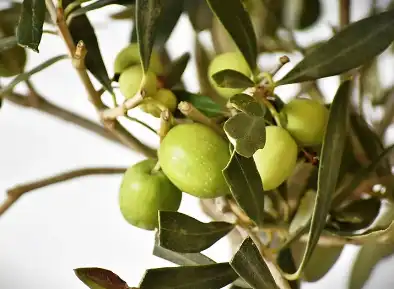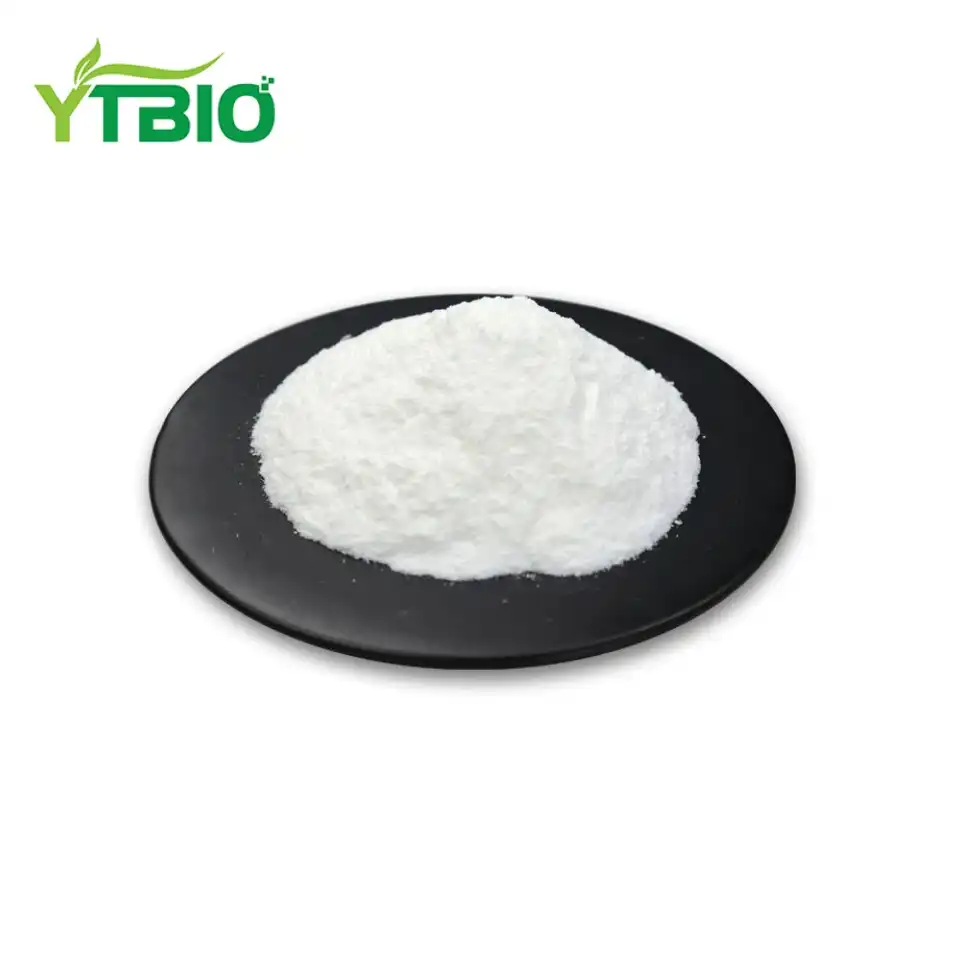Olivetolic Acid
Package:25Kg/barrel
CAS: 491-72-5
Molecular Formula: C12H16O4
Molecular Weight: 224.25
Certification: ISO9001, ISO22000, Kosher, Halal, HACCP
Payment: T/T,VISA,XTransfer,Alipay
Shipping Speed: 3-5 days
- Fast Delievery
- Quality Assurance
- 24/7 Customer Service
Product Introduction
What is Olivanic Acid?
Olivanic Acid is a pentacyclic triterpenoid compound that was first extracted from olive leaves, hence the name. It is widely found in the plant kingdom, especially in plants such as Ginkgo, Hedyotis diffusa and Tripterygium wilfordii. It has attracted much attention for its various pharmacological activities, including antioxidant, anti-inflammatory, and hepatoprotective effects. In addition, it has the characteristics of low toxicity and few side effects, making it an ideal natural medicine or cosmetic ingredient.

Source
1. Plant source
Olive oil
Olive oil contains a certain amount of oleic acid. The production process of olive oil also affects its content. Virgin olive oil usually retains more natural ingredients, and its content is closer to the original level in the fruit; while refined olive oil may change its content to a certain extent due to high temperature, chemical treatment and other factors during processing.
Other plants
Some plants related to the olive family or plants with similar chemical composition characteristics may also contain it, such as the fruits or seeds of some wild olive plants.
2. Chemical synthesis
It can be prepared by organic synthesis. Usually some basic organic raw materials are used as starting materials and synthesized through multi-step chemical reactions. For example, the molecular structure of oleic acid is constructed by the growth of carbon chains and the transformation of functional groups using the general principles of fatty acid synthesis. This method can accurately control its purity and yield to meet specific scientific research or industrial needs, such as for the production of special lubricants, surfactants and other chemical products.
Health Benefits
Antibacterial
It has an inhibitory effect on a variety of bacteria and fungi, helping to prevent and treat infectious diseases. This property makes it a potential application in the field of natural medicine and cosmetics.
Anti-inflammatory
Olivanic Acid can reduce inflammatory responses and help relieve the symptoms of chronic inflammatory diseases such as arthritis and asthma. It may also have a certain improvement effect on inflammation-related skin problems.
Antioxidant
It has antioxidant properties that can remove free radicals in the body, protect cells from damage, and delay the aging process.
Improve digestive system function
It can promote bile secretion, enhance the activity of pancreatic enzymes, and help degrade and absorb oils, thereby reducing the occurrence of cholecystitis and gallstones.
Protect the skin
The antioxidants and fatty acids contained in it help maintain the elasticity and moisture of the skin and prevent skin aging.
Promote blood circulation
It can increase the amount of nitric oxide and help relax arteries, thereby preventing arteriosclerosis and hypertension.

Application
Daily Chemicals
Cosmetics: It has moisturizing effect and can be added to some high-end creams and lotions to improve the moisturizing performance of the product. It has a good care effect on dry skin. It has certain anti-inflammatory properties and can be added to care products suitable for sensitive skin.
Daily necessities: It can nourish hair, make hair smoother and smoother, and reduce the roughness of hair. Adding olive acid to shampoo and conditioner can improve the texture of hair.
Food
Seasoning: It can be used to prepare seasonings with special flavors. It can give food a unique, light fruity flavor and can be used to make olive oil flavored seasonings. It is used in salad dressings, marinated food sauces, etc.
Freshness preservation: Due to its antibacterial properties, it can inhibit the growth and reproduction of microorganisms in food to a certain extent and extend the shelf life of food. For example, in the fresh-keeping packaging of some foods with high oil content such as nuts, a small amount of olive acid can help keep the food fresh.
Medicine
Topical drugs: In some topical skin drugs, it can be used as an active ingredient to help promote wound healing and reduce inflammatory reactions around wounds. Some poorly soluble drugs can be encapsulated in olivetonic acid-based carrier materials to improve the solubility and bioavailability of the drugs.
Certificates
YTBIO is developing in an all-round way. We have our own factory, quality inspection and R&D team. We are committed to providing customers with the best quality Olivetolic Acid and services. It is our original intention to let every consumer enjoy high-quality and healthy products. If you have any needs or questions about our products, please feel free to contact us and we will reply you as soon as possible.

Packaging and Shipping

Our Factory

_1737093401309.png)

